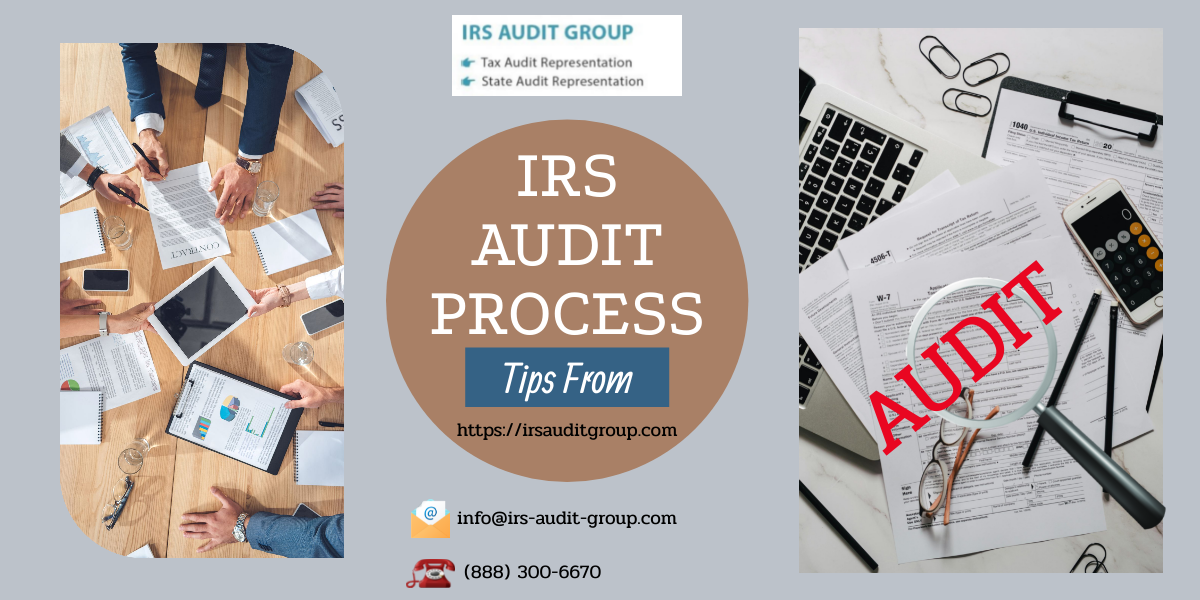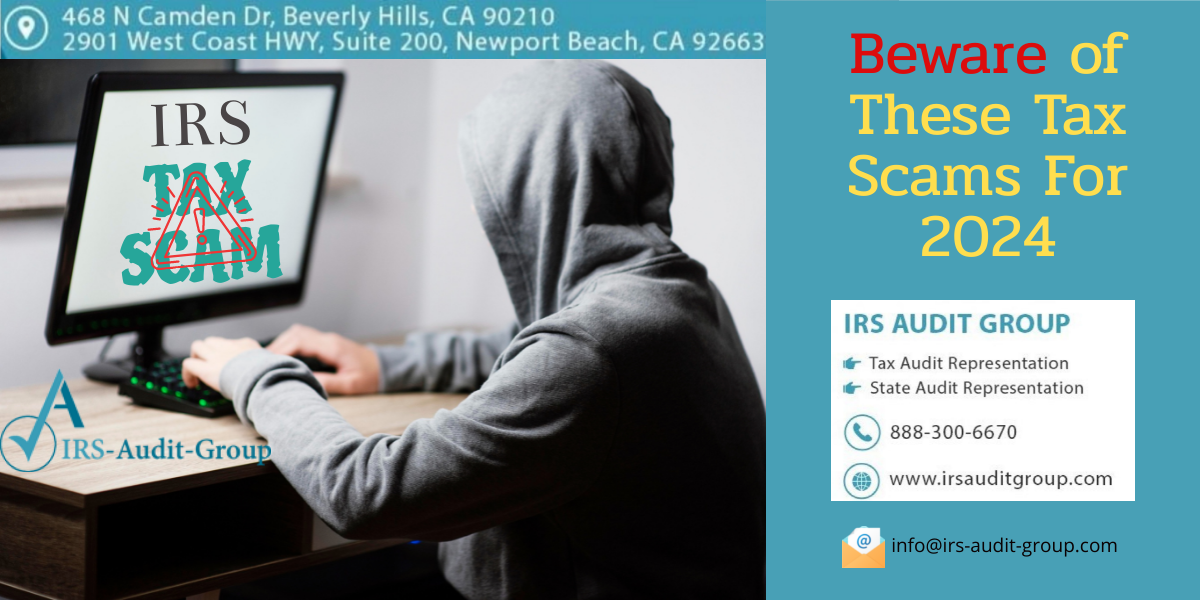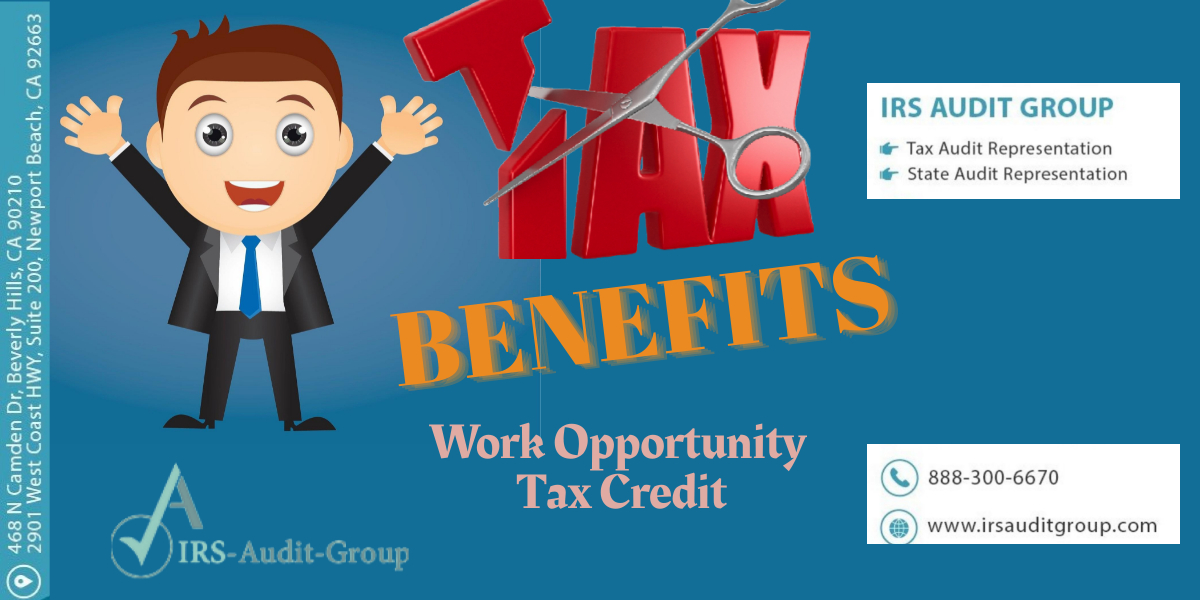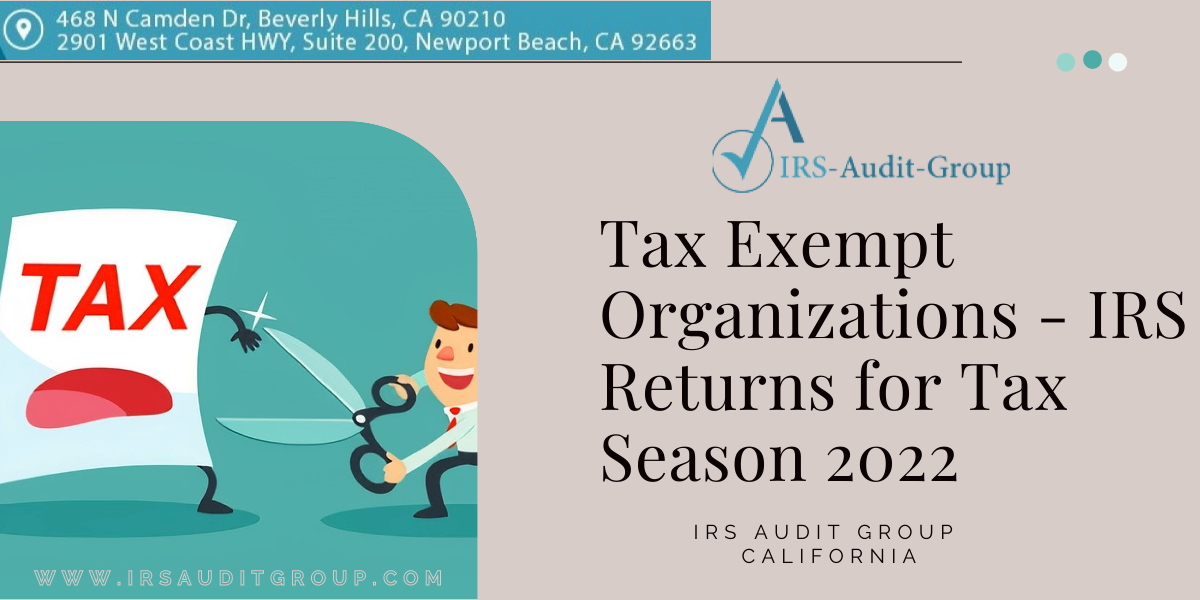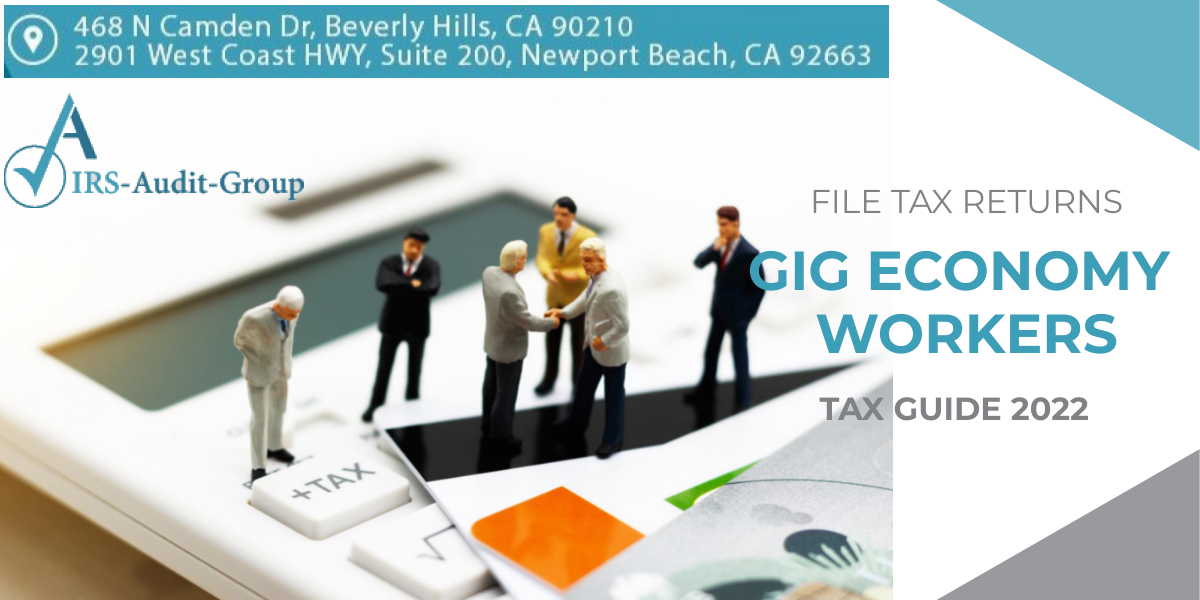Facing an IRS tax audit can be daunting for any business owner. However, understanding the process and being prepared can alleviate much of the stress. In this guide, we’ll delve into the intricacies of IRS tax audits for businesses, including what triggers them, the procedures involved, and potential outcomes.
What Prompts IRS Audits for Businesses?
There are several reasons why IRS audits are initiated for businesses, which can range from random selection to specific indicators that draw the attention of IRS agents. These triggers are commonly observed.
- Red Flags: The IRS uses computer algorithms to flag returns that deviate from statistical norms, such as unusually high deductions or inconsistencies in reported income.
- Random Selection: Some tax audits are random, chosen by computer selection to ensure compliance across a broad spectrum of taxpayers.
- Industry Standards: Certain industries may face higher scrutiny due to historically higher rates of non-compliance or specific tax issues prevalent in those sectors.
- Large Variances: Significant changes in income or deductions compared to previous years may raise red flags.
- Information Matching: Discrepancies between a business report and what third parties (like clients or financial institutions) report can trigger an audit.
Understanding the Audit Process
The IRS audit process can be complex and intimidating, but understanding the steps involved can help alleviate some of the stress. A simplified overview of the audit process includes the following.
- Notification: The IRS will notify the business either by mail or in person of the audit, specifying the tax year(s) under examination and the documents required.
- Preparation: Gathering relevant financial records, receipts, invoices, and other documentation is crucial. It’s advisable to seek tax professionals’ help from a tax audit representation firm experienced in handling IRS audits.
- Examination: The audit may be conducted via mail correspondence, at the IRS office, or even at the business premises. The IRS examiner will review the records and may request additional documentation or explanations.
- Resolution: After the examination, the IRS will propose adjustments if necessary. The business can agree to the changes, request an appeal, or challenge the findings in tax court.
Potential Outcomes of an IRS Tax Audit
- No Change: In some cases, the IRS may conclude that the business’s return is accurate, resulting in no changes or adjustments.
- Additional Taxes Owed: If discrepancies are found, the IRS may assess additional taxes, penalties, and interest. IRS provided alternatives for taxpayers through its Payment Plans. In case of financial burden, those taxpayers unable to immediately pay their tax debt in full can adopt such IRS Payment Plans.
- Refund: Occasionally, an audit may result in the discovery of overpaid taxes, leading to a refund for the business.
- Settlement: In some instances, the business and the IRS may negotiate a settlement to resolve the audit findings.
- Criminal Investigation: In cases of suspected tax evasion or fraud, an audit may escalate into a criminal investigation, potentially leading to severe penalties or even imprisonment.
Tips for Businesses Facing an IRS Audit
- Stay Organized: Maintain meticulous records of all financial transactions and keep them organized and easily accessible.
- Seek Professional Guidance: Enlist the help of tax professionals who understand the complexities of IRS audits and can represent the business effectively.
- Cooperate with the IRS: Be cooperative and responsive throughout the audit process, providing requested documentation promptly and accurately.
- Know Your Rights: Familiarize yourself with your rights as a taxpayer, including the right to representation and appeal.
- Learn from the Experience: Use the audit as an opportunity to review and improve your business’s tax compliance processes to avoid future issues.
IRS AUDIT GROUP
IRS Audit Group consists of tax professionals, CPAs, enrolled agents, and tax attorneys. We are located in Los Angeles; California and our primary area of expertise is IRS Tax Audit Representation. However, our certified professionals cooperate and work with all IRS offices across the country. Please contact us for more information. https://irsauditgroup.com/contact/
Toll Free: (888) 300-6670
Emergency Number: (310) 498-7508

